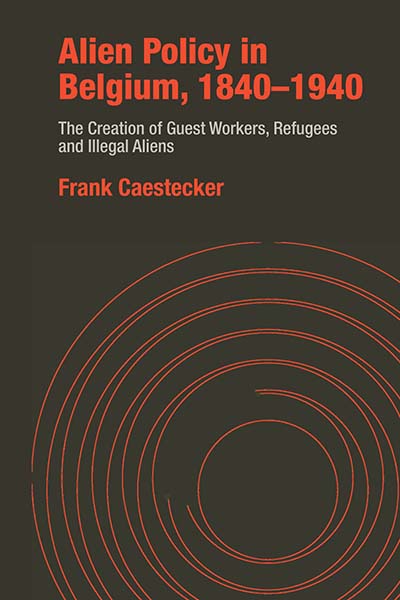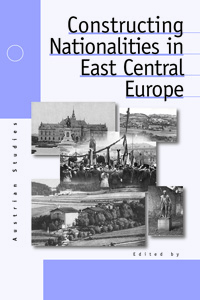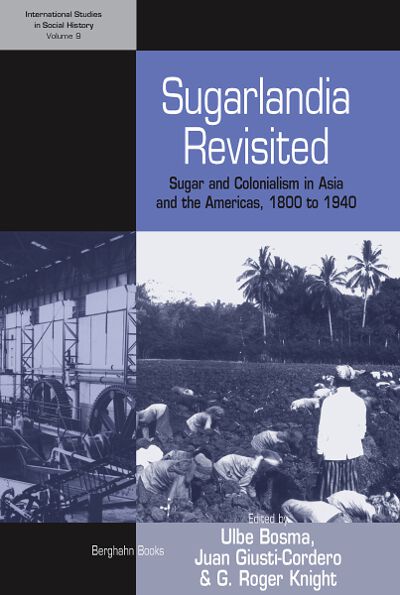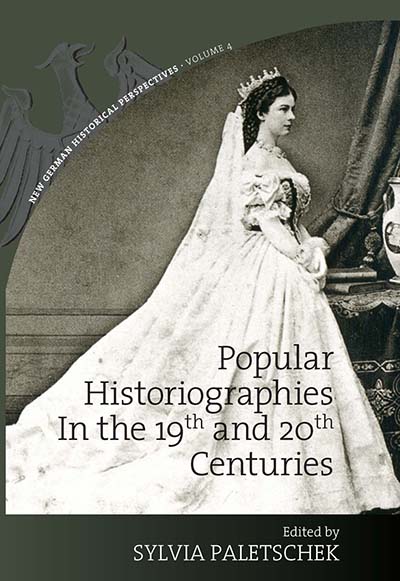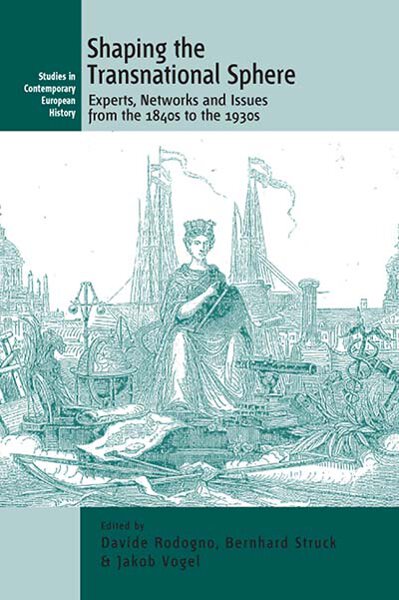
Series
Volume 14
Studies in Contemporary European History
See Related
History JournalsEmail Newsletters
Sign up for our email newsletters to get customized updates on new Berghahn publications.
Shaping the Transnational Sphere
Experts, Networks and Issues from the 1840s to the 1930s
Edited by Davide Rodogno, Bernhard Struck and Jakob Vogel
320 pages, 2 illus., 4 tables, bibliog., index
ISBN 978-1-78238-358-1 $135.00/£104.00 / Hb / Published (December 2014)
eISBN 978-1-78238-359-8 eBook
Reviews
“In this cohesive volume of essays on a wide range of transnational movements in the European context, the editors and authors, from a range of national backgrounds, bring together social scientific and historical approaches to the study of transnational dynamics…The essays, covering all of these topics, are wideranging but also focused on the central themes laid out in the introduction. The volume as a whole makes important contributions to a historical understanding of transnationalism.” · Women & Social Movements in the US
“This is an excellent collection which brings together up-to-date scholarship on internationalism, intellectual transfers and the role of experts therein. It sheds light on the creation of transnational networks and international organizations, and on the individuals or ideas that sustained them….Driven by substantial primary research, the manuscript offers fresh insights and adds flesh to the broader conceptual discussions on ‘transnational history’.” · Daniel Laqua, Northumbria University
“This is an excellent volume in almost every respect….It is an original contribution to the rapidly growing number of books dealing with transnational movements with a focus on social reform movements. It stretches beyond World War I and includes the period up to the 1930s, when every form of internationalism and all transnational movements were in a deep crisis. With ‘experts’ and ‘networks’ important themes of various fields of modern historiography are treated.” · Martin Geyer, LMU Munich
Description
In the second half of the nineteenth century a new kind of social and cultural actor came to the fore: the expert. During this period complex processes of modernization, industrialization, urbanization, and nation-building gained pace, particularly in Western Europe and North America. These processes created new forms of specialized expertise that grew in demand and became indispensible in fields like sanitation, incarceration, urban planning, and education. Often the expertise needed stemmed from problems at a local or regional level, but many transcended nation-state borders. Experts helped shape a new transnational sphere by creating communities that crossed borders and languages, sharing knowledge and resources through those new communities, and by participating in special events such as congresses and world fairs.
Davide Rodogno is Professor of International History at the Graduate Institute of International and Development Studies, Geneva. His publications include Fascism’s European Empire (2005) and Against Massacre (2011).
Bernhard Struck is Reader in Modern History and Director of the Centre for Transnational History at the University of St Andrews, Scotland. He is the author of Nicht West – nicht Ost. Frankreich und Polen in der Wahrnehmung deutscher Reisender, 1750–1850 (2006) and, with Claire Gantet, of Revolution, Krieg und Verflechtung. Deutsch-Französische Geschichte 1789-1815 (2008).
Jakob Vogel is Professor of European History at the Centre d’Histoire, Sciences Po, Paris. His publications include Ein schillerndes Kristall. Das Salz im Wissenswandel zwischen Frühneuzeit und Moderne (2008) and he edited, with Ralph Jessen, Wissenschaft und Nation in der europäischen Geschichte (2002); and, with Pascale Laborier, Frédéric Audren and Paolo Napoli, Les sciences camérales. Activités pratiques et histoire des dispositifs publics (2011).

